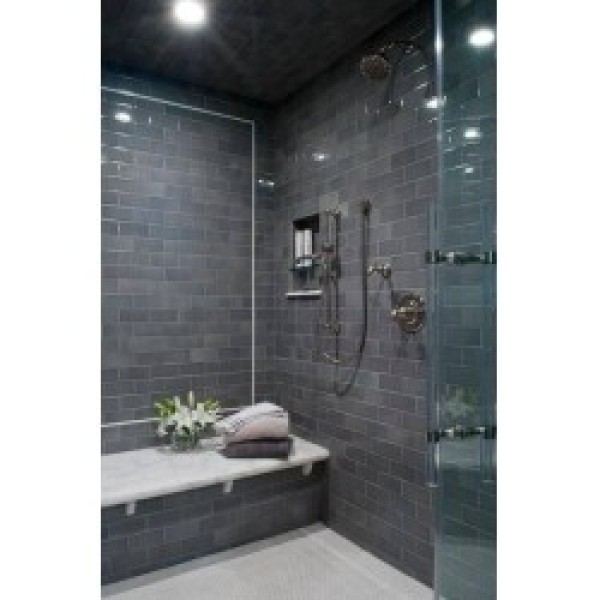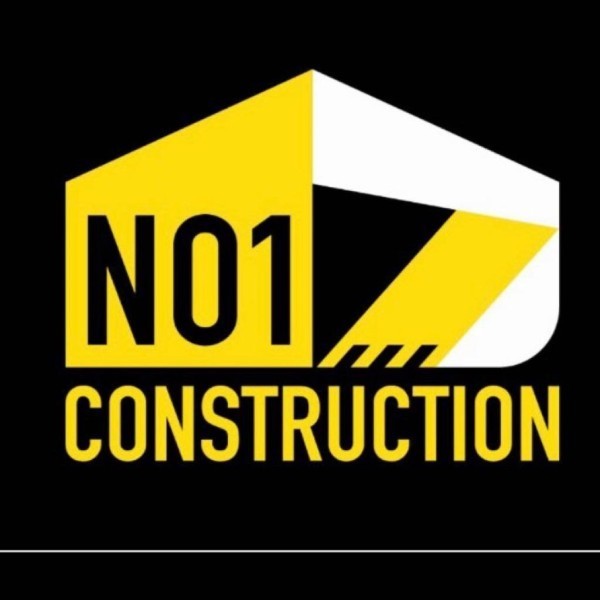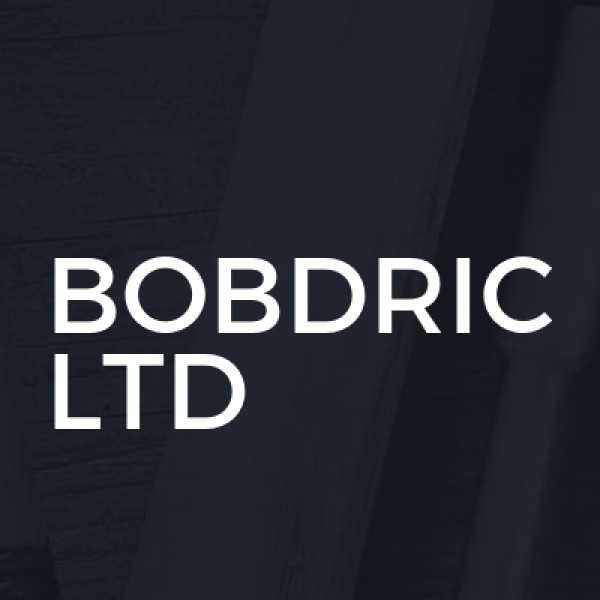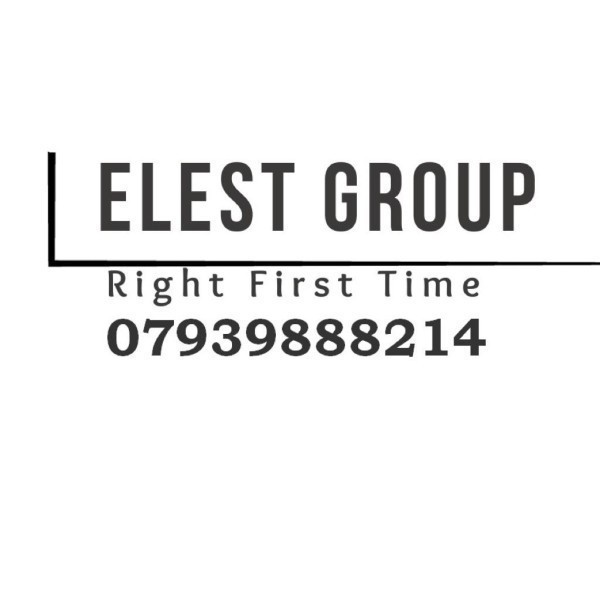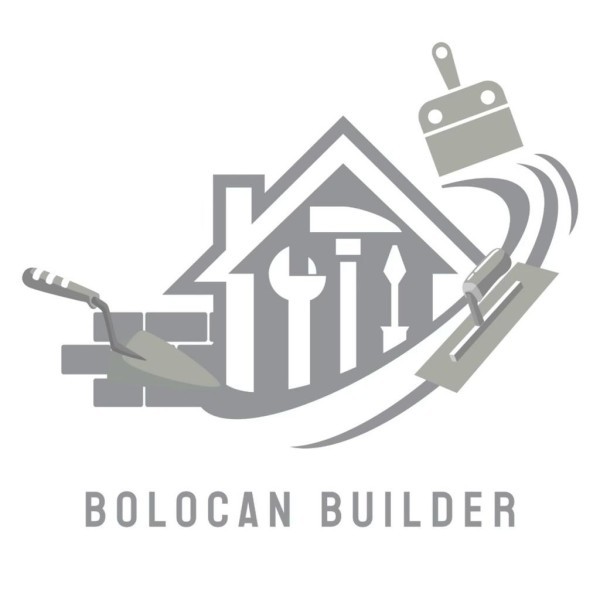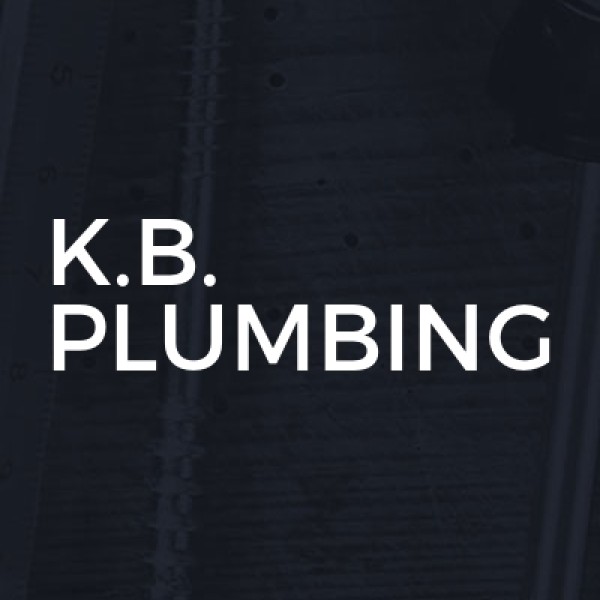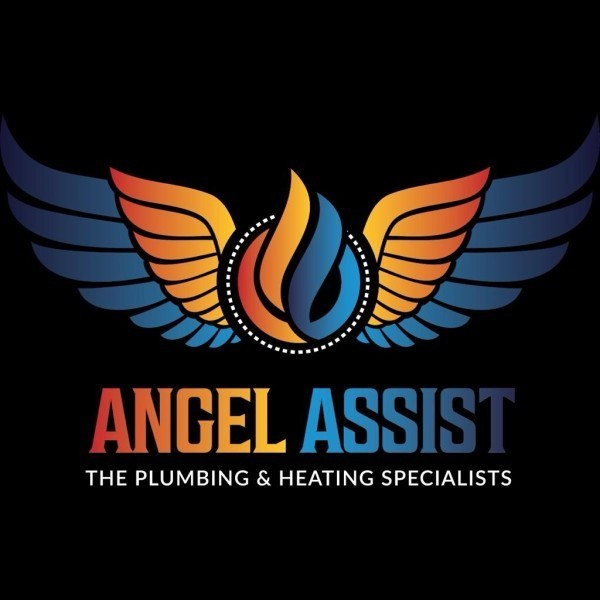Renovations in Catford
Filter your search
Post your job FREE and let trades come to you
Save time by filling out our simple job post form today and your job will be sent to trades in your area so you can sit back, relax and wait for available trades to contact you.
Post your job FREESearch Renovations in places nearby
Introduction to Renovations in Catford
Catford, a vibrant district in the London Borough of Lewisham, is known for its rich history and diverse community. Over the years, Catford has seen a surge in renovations, transforming it into a sought-after area for both residents and investors. Whether you're a homeowner looking to upgrade your living space or a developer aiming to revitalise properties, understanding the nuances of renovations in Catford is essential. This article delves into various aspects of renovations, offering insights and guidance for anyone considering such projects in this dynamic locale.
The Historical Charm of Catford
Catford's history is woven into its architecture, with many buildings reflecting styles from different eras. The area boasts Victorian and Edwardian homes, each with unique features that attract renovation enthusiasts. Preserving these historical elements while modernising the interiors is a common theme in Catford renovations. Homeowners often seek to maintain the original charm of their properties, such as ornate cornices and sash windows, while incorporating contemporary amenities.
Preservation vs. Modernisation
One of the key challenges in renovating historical properties is striking a balance between preservation and modernisation. Many residents wish to retain the character of their homes while ensuring they meet modern living standards. This often involves careful planning and consultation with experts to ensure that renovations are sympathetic to the original architecture. For instance, updating heating systems or installing double glazing can significantly improve energy efficiency without compromising the building's aesthetic appeal.
Planning Permissions and Regulations
Before embarking on any renovation project in Catford, it's crucial to understand the planning permissions and regulations that apply. The London Borough of Lewisham has specific guidelines to ensure that developments are in line with the area's character and sustainability goals. Homeowners must often apply for planning permission, especially if the renovation involves structural changes or extensions.
Understanding Local Guidelines
Local guidelines are designed to protect the area's heritage and ensure that new developments are sustainable. These regulations can affect everything from the materials used to the height and scale of extensions. Engaging with local planning authorities early in the process can help avoid potential pitfalls and ensure that your renovation project proceeds smoothly.
Common Planning Considerations
- Impact on neighbouring properties
- Conservation area restrictions
- Environmental sustainability
- Building height and scale
- Materials and design aesthetics
Budgeting for Renovations
Budgeting is a critical aspect of any renovation project. In Catford, the cost of renovations can vary widely depending on the scope and scale of the work. It's essential to have a clear understanding of your financial limits and to plan accordingly. This involves not only estimating the cost of materials and labour but also accounting for unexpected expenses that may arise during the renovation process.
Cost-Effective Renovation Strategies
There are several strategies to keep renovation costs manageable. Prioritising essential upgrades, such as plumbing and electrical systems, can prevent costly repairs in the future. Additionally, sourcing materials locally or opting for recycled materials can reduce expenses while supporting sustainability. It's also wise to obtain multiple quotes from contractors to ensure competitive pricing.
Creating a Detailed Budget Plan
A detailed budget plan should include:
| Item | Estimated Cost |
|---|---|
| Materials | £5,000 - £15,000 |
| Labour | £10,000 - £30,000 |
| Permits and Fees | £500 - £2,000 |
| Contingency Fund | 10% of total budget |
Choosing the Right Contractors
Finding the right contractors is crucial to the success of your renovation project. In Catford, there are numerous skilled professionals who specialise in various aspects of home improvement. It's important to select contractors who have experience with the type of renovation you're undertaking and who understand the local building codes and regulations.
Evaluating Contractor Credentials
When selecting a contractor, consider their credentials, past projects, and client reviews. A reputable contractor should be able to provide references and a portfolio of completed work. Additionally, ensure that they are fully insured and licensed to operate in the area. This not only protects you from potential liabilities but also ensures that the work meets industry standards.
Questions to Ask Potential Contractors
- What is your experience with similar projects?
- Can you provide references from past clients?
- Are you licensed and insured?
- What is your estimated timeline for completion?
- How do you handle unexpected challenges during a project?
Incorporating Sustainable Practices
Sustainability is becoming increasingly important in renovation projects. In Catford, many homeowners are opting for eco-friendly solutions to reduce their environmental impact and improve energy efficiency. This can include installing solar panels, using sustainable materials, and incorporating energy-efficient appliances.
Benefits of Sustainable Renovations
Sustainable renovations offer numerous benefits, including reduced energy costs, improved indoor air quality, and increased property value. Additionally, they contribute to a healthier environment by reducing carbon emissions and conserving natural resources. Homeowners who invest in sustainable practices often find that the initial costs are offset by long-term savings and increased marketability of their property.
Popular Sustainable Renovation Options
- Solar panel installation
- Energy-efficient windows and doors
- Insulation upgrades
- Water-saving fixtures
- Recycled and sustainable building materials
Maximising Space and Functionality
One of the primary goals of renovations is to maximise space and improve functionality. In Catford, where property sizes can vary, creative solutions are often required to make the most of available space. This can involve reconfiguring layouts, adding extensions, or converting underutilised areas such as lofts and basements.
Innovative Space-Saving Solutions
There are numerous innovative solutions to maximise space in a home. Built-in storage, multi-functional furniture, and open-plan designs can create a sense of spaciousness and improve the flow of a home. Additionally, clever use of lighting and colour schemes can enhance the perception of space, making rooms feel larger and more inviting.
Common Space-Enhancing Techniques
- Open-plan living areas
- Loft and basement conversions
- Built-in shelving and storage
- Sliding doors and partitions
- Light and neutral colour palettes
Enhancing Curb Appeal
Curb appeal plays a significant role in the overall impression of a property. In Catford, enhancing the exterior of a home can significantly increase its value and attract potential buyers. Simple upgrades such as fresh paint, landscaping, and new front doors can make a substantial difference.
Exterior Renovation Ideas
There are countless ways to enhance the exterior of a home. Updating the façade, adding a porch, or installing new windows can transform the look of a property. Additionally, landscaping improvements such as planting trees, adding flower beds, and installing outdoor lighting can create a welcoming and attractive environment.
Key Elements of Curb Appeal
- Fresh paint and clean finishes
- Well-maintained landscaping
- Attractive front doors and windows
- Outdoor lighting and pathways
- Decorative elements such as shutters and trim
Renovating for Accessibility
As the population ages, there is an increasing demand for homes that accommodate accessibility needs. In Catford, many homeowners are choosing to renovate their properties to make them more accessible for elderly residents or those with disabilities. This can involve installing ramps, widening doorways, and adapting bathrooms and kitchens.
Designing Accessible Spaces
Designing accessible spaces requires careful consideration of the needs of the occupants. Features such as step-free entrances, grab bars, and adjustable-height counters can make a home more comfortable and functional for individuals with mobility challenges. It's important to consult with accessibility experts to ensure that renovations meet the necessary standards and provide the desired level of comfort and convenience.
Common Accessibility Features
- Ramps and step-free entrances
- Wider doorways and hallways
- Grab bars in bathrooms
- Adjustable-height counters and sinks
- Non-slip flooring
Embracing Smart Home Technology
Smart home technology is revolutionising the way we live, and Catford is no exception. Incorporating smart devices into renovations can enhance convenience, security, and energy efficiency. From smart thermostats to automated lighting systems, these technologies offer numerous benefits for modern living.
Popular Smart Home Features
Smart home features can be tailored to suit individual preferences and lifestyles. Popular options include voice-controlled assistants, smart security systems, and energy management tools. These technologies not only improve the functionality of a home but also offer peace of mind and potential cost savings.
Examples of Smart Home Technology
- Smart thermostats and climate control
- Automated lighting and blinds
- Voice-controlled assistants
- Smart security cameras and alarms
- Energy management systems
Frequently Asked Questions
What are the benefits of renovating a property in Catford?
Renovating a property in Catford can increase its value, improve living conditions, and enhance energy efficiency. It also allows homeowners to personalise their space and incorporate modern amenities.
Do I need planning permission for renovations in Catford?
Planning permission may be required for certain renovations, especially those involving structural changes or extensions. It's important to consult with local planning authorities to determine the specific requirements for your project.
How can I ensure my renovation project stays within budget?
To stay within budget, create a detailed plan that includes all anticipated costs, obtain multiple quotes from contractors, and set aside a contingency fund for unexpected expenses. Prioritising essential upgrades can also help manage costs.
What are some sustainable renovation options?
Sustainable renovation options include installing solar panels, using energy-efficient windows and doors, upgrading insulation, and choosing recycled or sustainable building materials.
How can I make my home more accessible?
To make a home more accessible, consider installing ramps, widening doorways, adding grab bars in bathrooms, and using non-slip flooring. Consulting with accessibility experts can help ensure that renovations meet the necessary standards.
What smart home technologies are popular in Catford?
Popular smart home technologies in Catford include smart thermostats, automated lighting systems, voice-controlled assistants, and smart security systems. These features enhance convenience, security, and energy efficiency.
In conclusion, renovations in Catford offer a wealth of opportunities to enhance the value, functionality, and sustainability of properties. By understanding the local context, planning carefully, and embracing modern technologies, homeowners can create spaces that are both beautiful and practical. Whether preserving historical charm or incorporating cutting-edge innovations, the possibilities are endless in this dynamic and evolving community.


